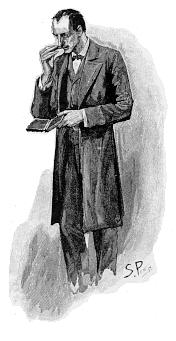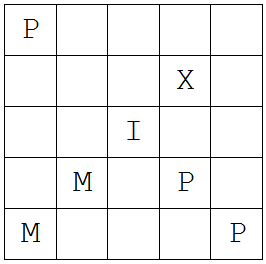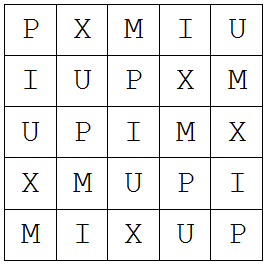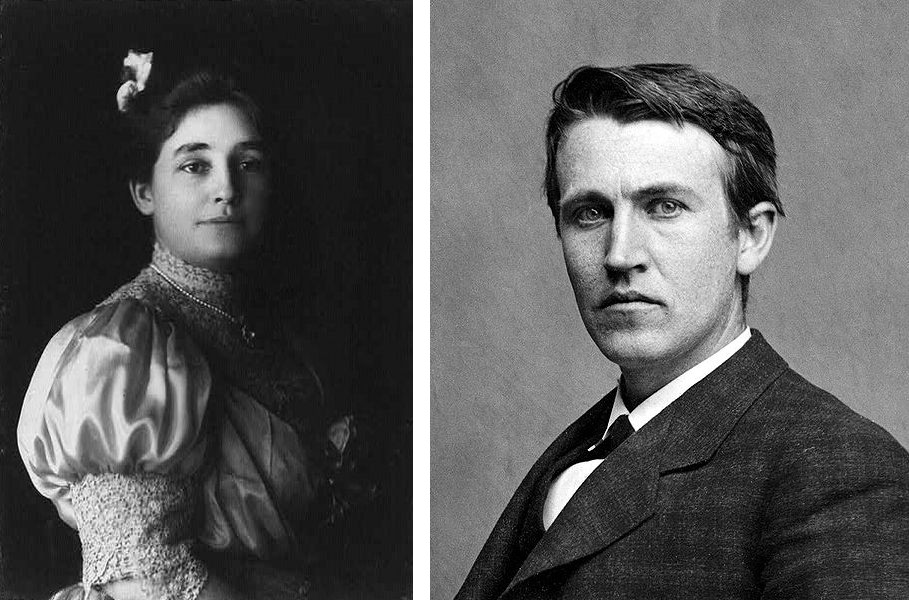Like any language, sign language partakes in jokes, puns, and wordplay. Dorothy Miles’ poem “Unsound Views” observes that hearing people seem to be slaves to their telephones. In English, there’s no obvious pun in the next-to-last line, “They live to serve their telephone God.” But in British Sign Language it runs
THEY LIVE RESPECT THAT TELEPHONE
HOLD-HANDSET
THIN-AERIAL-ON-HANDSET AERIAL-MOVES-UP GOD
TELEPHONE-AERIAL
“Here, the aerial on the telephone handset is signed with the ‘G’ handshape that refers to long, thin objects,” explains Rachel Sutton-Spence in Analysing Sign Language Poetry. “The BSL sign GOD is also made using a ‘G’ handshape, albeit in a different location, but when the aerial is moved up to the location where GOD is normally articulated, the pun elevates the telephone to the status of a god.”
One more: In Miles’ poem “Exaltation,” a stand of trees seems to part the sky “And let the peace of heaven shine softly through.” In the American Sign Language version, this can be glossed as ALLOW PEACE OF HEAVEN LIGHT-SHINES LIGHT/HAND-TOUCHES-HEAD. The form of the sign LIGHT is made with a fully open ‘5’ handshape, but in this context the handshape can be seen simply as a hand. “If LIGHT-TOUCHES-HEAD is interpreted as HAND-TOUCHES-HEAD, the obvious question is ‘Whose hand?’ and the obvious answer is ‘God’s.’ In many cultures, placing hands gently upon a person’s head is taken as a blessing.”










